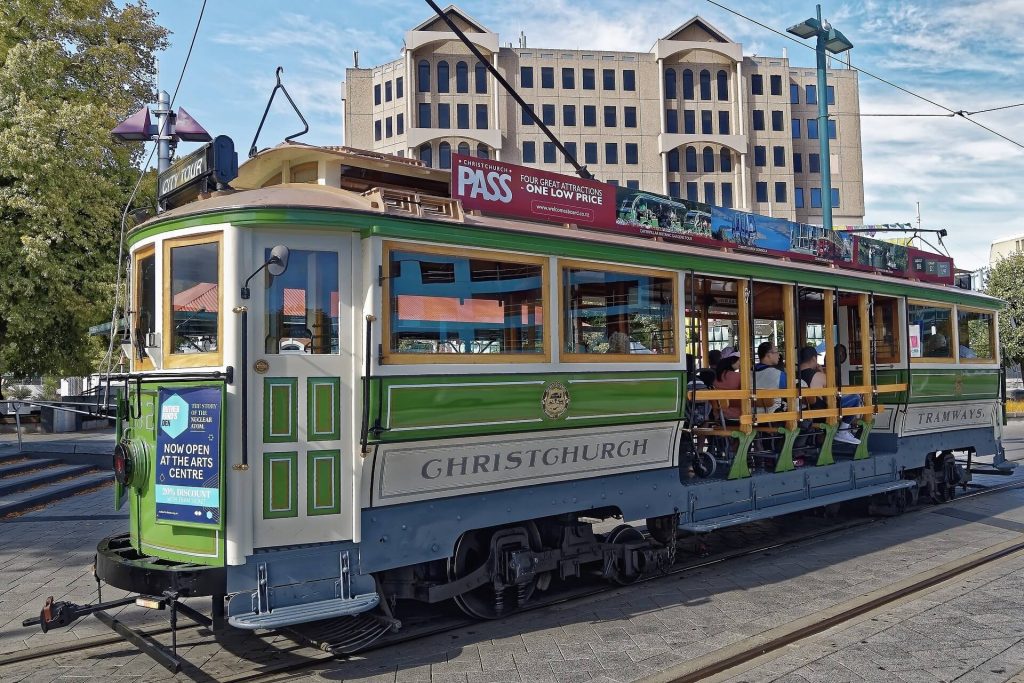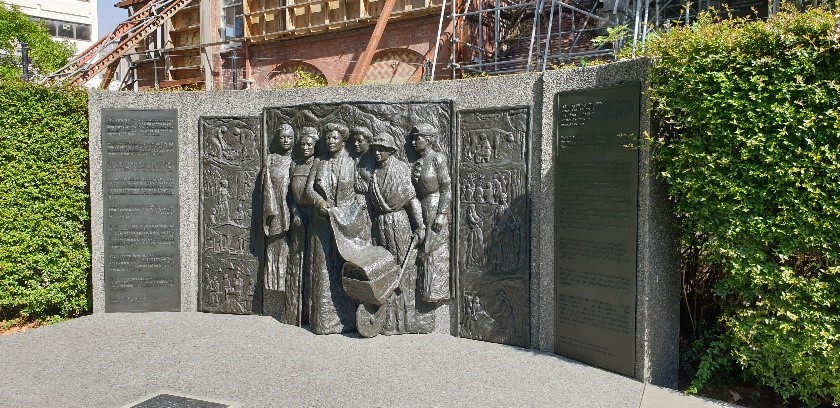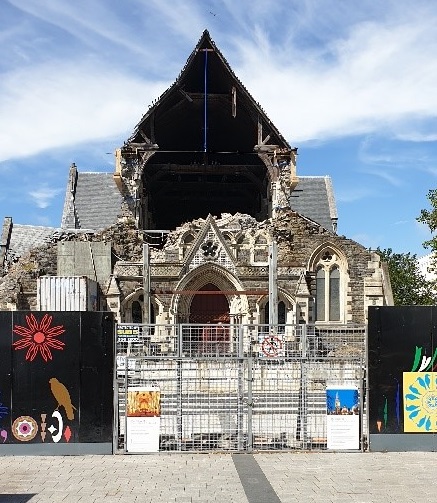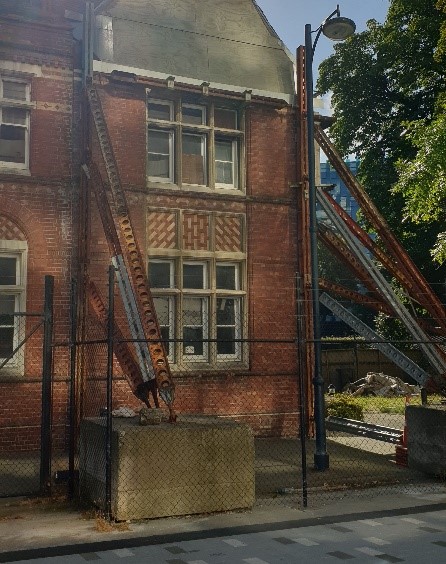 Tasos Kitsos attended the Regional Studies Australasia Conference in Christchurch, New Zealand and reports on his work on economic resilience:
Tasos Kitsos attended the Regional Studies Australasia Conference in Christchurch, New Zealand and reports on his work on economic resilience:
Christchurch and New Zealand are very interesting places that can offer new perspectives on most things researched. It is not by chance the country was the first to grant women voting rights.
 Concerning my research on economic resilience, the country has hardly experienced the crash of 2008. However, particularly Christchurch has a lot to say about resilience.
Concerning my research on economic resilience, the country has hardly experienced the crash of 2008. However, particularly Christchurch has a lot to say about resilience.
In 2011, a devastating earthquake hit the city, cost the life to 185 people and rendered most of the city-centre buildings not safe for use. Hence, resilience in the city and the country is more relevant to natural disasters rather than the economy.
The conference has coupled this theme with wellbeing and great insights on what that means and how does it affect people’s decisions to move or stay where they are.
 It was a great opportunity to present our work on the interplay between entrepreneurship dynamism and economic resilience. The paper, in collaboration with Nicholas Kacher, Jacob Moore, Luke Petach and Stephan Weiler from Colorado State University and Raquel Ortega-Argiles at City-REDI, examines how pre-recession entrepreneurship dynamism has affected resilience performance during the downturn and recovery stage of the 2008 crisis in the US and the UK. Preliminary findings suggest that young firms need more support during the recession period of a shock. I have had some great comments and very interesting post-presentation discussions that will greatly inform the research
It was a great opportunity to present our work on the interplay between entrepreneurship dynamism and economic resilience. The paper, in collaboration with Nicholas Kacher, Jacob Moore, Luke Petach and Stephan Weiler from Colorado State University and Raquel Ortega-Argiles at City-REDI, examines how pre-recession entrepreneurship dynamism has affected resilience performance during the downturn and recovery stage of the 2008 crisis in the US and the UK. Preliminary findings suggest that young firms need more support during the recession period of a shock. I have had some great comments and very interesting post-presentation discussions that will greatly inform the research
In principle, the results do not seem to be very different when we consider an earthquake as the shock rather than an economic downturn. For example, businesses in Christchurch traded out of containers placed close to the original location of their shops. This kind of support has helped to keep the city centre alive, instead of abandoning it and moving to greenfield sites.
 And much like the building above, a bit of support during the crisis means that we can continue enjoying its benefits for years to come. In the hope that the council will approve its restoration.
And much like the building above, a bit of support during the crisis means that we can continue enjoying its benefits for years to come. In the hope that the council will approve its restoration.
Other things I have learned is the untapped socio-economic force of indigenous populations as well as the importance of clear property rights, improving data collection and encouraging entrepreneurship if we want to link regional development to rural indigenous communities.
See my previous publication, policy briefing, blog and details of my research fellowship on economic resilience.
Till next time.
This blog was written by Dr Tasos Kitsos, Research Fellow, City-REDI, University of Birmingham
Disclaimer:
The views expressed in this analysis post are those of the authors and not necessarily those of City-REDI or the University of Birmingham
To sign up for our blog mailing list, please click here.
